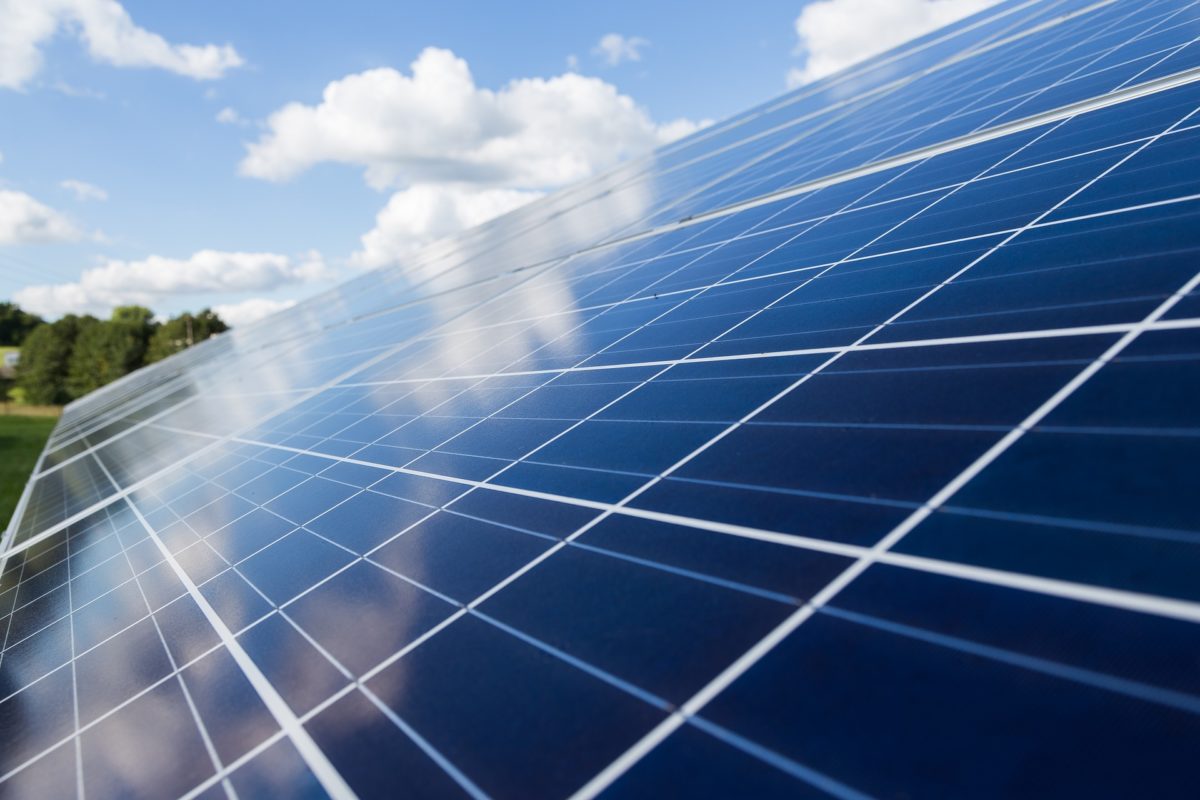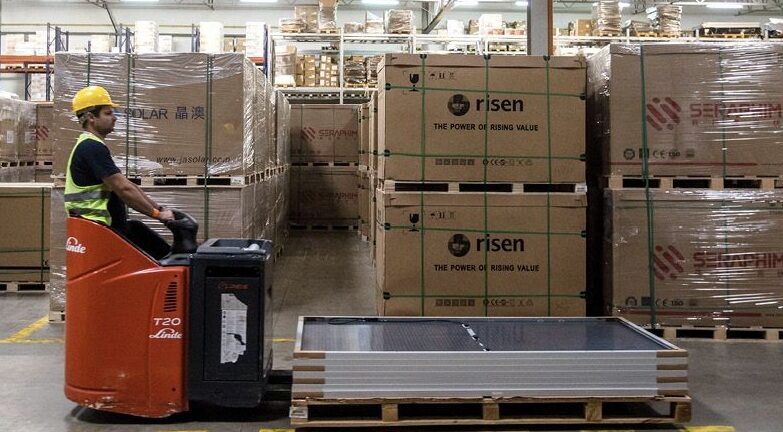The GP Joule Canada Corp unit of German EPC contractor GP Joule GmbH, has secured a contract to build the 25.4 MW Innisfail Solar project in Red Deer County, in the Canadian province of Alberta.
The project, which the company described as the country’s first merchant PV plant, will sell electricity on the spot market within a diversified plant portfolio. “Our entire team looks forward to breaking ground this fall in Innisfail with the Elemental Energy Team and the local community, after nearly six months of engineering optimization,” said David Pichard, North America chief executive at GP Joule.
The project is expected to use 69,000 bifacial modules provided by an unidentified manufacturer and will be engineered to maximize energy yield for 35 years with the option of adding storage being considered. No further technical and financial details of the project were provided.
Unsubsidized projects
The plant owner is Canadian renewable energy investment firm Elemental Energy Inc.
If built on schedule, the plant will be Canada’s first merchant PV project but is not the only one announced in the country. In August, the Alberta Utilities Commission approved the 400 MW Travers solar plant being developed by Greengate Power Corp in Vulcan County.
At the time, a spokesman for the Brookline PR company used by Greengate told pv magazine: “There is no guaranteed power supply deal, PPA [power purchase agreement] or public subsidy associated with the recently announced Travers Solar project. Greengate Power plans to finance the Travers Solar project on a merchant basis driven by Alberta’s phase out of all coal-fired electricity by 2030, carbon pricing framework and the need for significant new investment in power generation as a result.” Construction of that project is planned to begin next year.
Rising electricity prices
Alberta is attracting unsubsidized, large scale solar under private PPAs by developers such as Chinese-Canadian manufacturer Canadian Solar because the decision to end coal production has driven up electricity prices in recent months.
The Economics of Solar Power in Canada report published at the end of last year by the Canadian National Energy Board, stated the business case for solar against local power prices will be more important than solar radiation in attracting developers. “For example, Alberta has some of the lowest residential solar break-evens in Canada but electricity supplied by local distributors is still currently lower price,” the report stated. “So it makes more financial sense to buy electricity from a distributor than to install a solar project to generate it.” The report was likely based on 2017 data, however, when the power price reached an historic low of $0.0288/kWh (US$0.022).
The public power auction held by the government of Alberta in February attracted three solar projects with a combined generation capacity of 94 MW and offering an average final electricity price of $0.048/kWh (US$0.036). The Canadian Solar Industries Association said that figure was “less than the average historical wholesale power pool price paid [for] natural gas-fired electricity in the province in years 2008-18”.
The province of Alberta is targeting 5 GW of renewables to source 30% of its electricity from clean energy by 2030.
This content is protected by copyright and may not be reused. If you want to cooperate with us and would like to reuse some of our content, please contact: editors@pv-magazine.com.




By submitting this form you agree to pv magazine using your data for the purposes of publishing your comment.
Your personal data will only be disclosed or otherwise transmitted to third parties for the purposes of spam filtering or if this is necessary for technical maintenance of the website. Any other transfer to third parties will not take place unless this is justified on the basis of applicable data protection regulations or if pv magazine is legally obliged to do so.
You may revoke this consent at any time with effect for the future, in which case your personal data will be deleted immediately. Otherwise, your data will be deleted if pv magazine has processed your request or the purpose of data storage is fulfilled.
Further information on data privacy can be found in our Data Protection Policy.